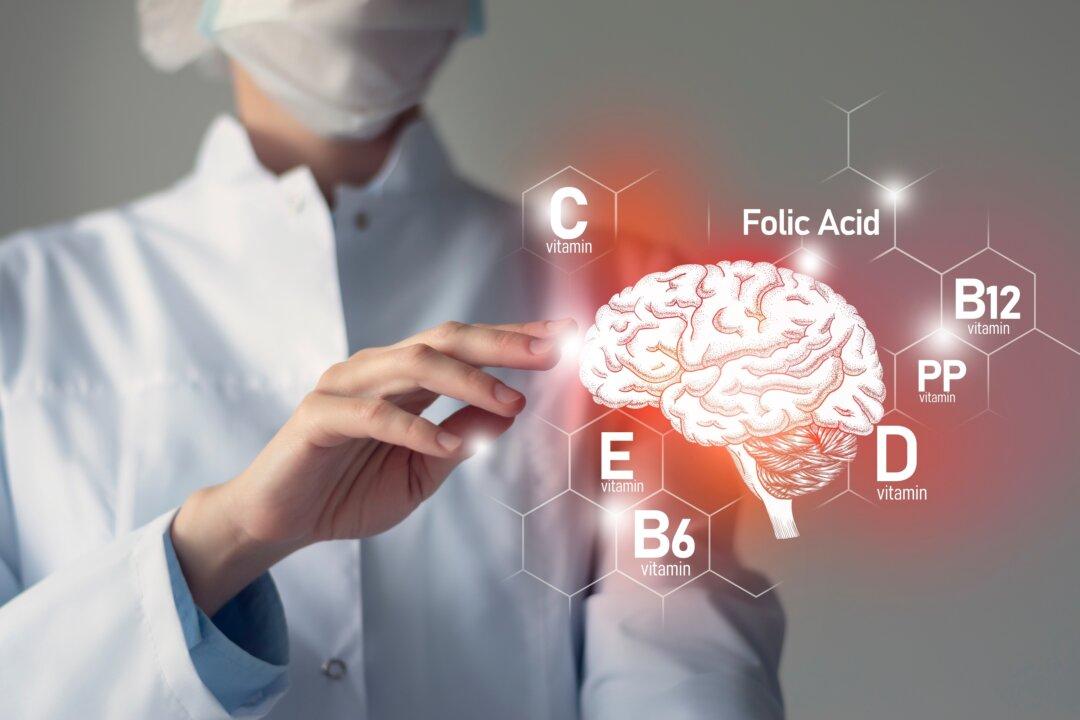Is Alzheimer’s really a deficiency disease? Studies suggest these deficiencies lead to brain shrinkage, psychosis and Alzheimer’s.

mi_viri/Shutterstock
|Updated:
Dr. Joseph Mercola is the founder of Mercola.com. An osteopathic physician, best-selling author, and recipient of multiple awards in the field of natural health, his primary vision is to change the modern health paradigm by providing people with a valuable resource to help them take control of their health.
Author’s Selected Articles





